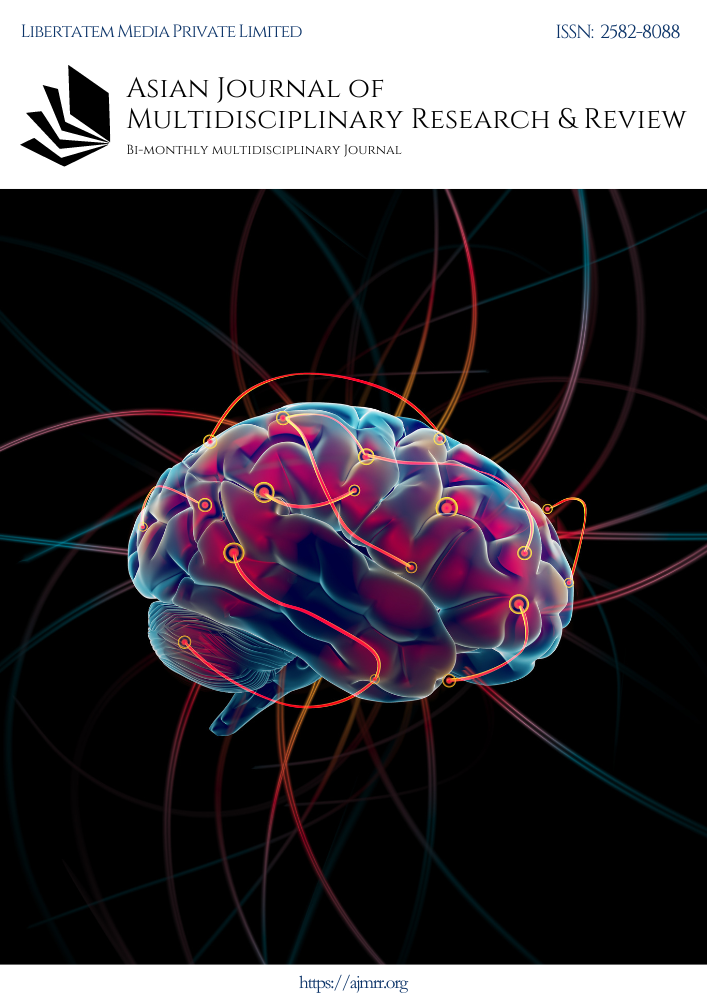SOLID WASTE MANAGEMENT AWARENESS AND PRACTICES IN PALAYAN CITY, PHILIPPINES: A MODERN-DAY
Keywords:
Solid Waste Awareness, Solid Waste PracticesAbstract
The current waste management program in the City of Palayan clearly defines the responsibilities of both the city and the barangays in promoting garbage diversion and waste reduction. Citizens should learn about the five R's of solid waste management (reduce, reuse, recycle, dispose, and segregate) to achieve this goal. One method of managing solid waste is called "segregation at source," which entails sorting trash at the point of generation. Researchers in Palayan City, Philippines set out to gauge local knowledge and habits surrounding solid waste management. Researchers counted cases, tallied percentages, and calculated means and standard deviations to quantify the extent of its impact. The city of Palayan in the Philippine province of Nueva Ecija served as the study's primary location. The residents of Palayan City's Barangays serve as the respondents. Analysis of the data was performed using standard statistical methods, such as the percentage, frequency, and weighted mean. According to the findings, the vast majority of respondents backed the idea of purchasing only essential items and agreed that recyclables should be separated before being collected. Individuals who participated in the survey also knew about R.A. Philippine Clean Water Act of 2004 (Republic Act No. 9275). The vast majority of responders were aware that littering, throwing rubbish, and depositing trash in public spaces like roadways, esteros, and so on are all illegal. Respondents should not only be aware of the problems associated with solid waste, but should also put their knowledge to use in order to alleviate those problems.
Downloads
Downloads
Published
Issue
Section
License

This work is licensed under a Creative Commons Attribution-NonCommercial-ShareAlike 4.0 International License.
License Terms
Ownership and Licensing:
Authors of research papers submitted to the Asian Journal of Multidisciplinary Research & Review (AJMRR) retain the copyright of their work while granting the journal certain rights. Authors maintain ownership of the copyright and grant the journal a right of first publication. Simultaneously, authors agree to license their research papers under the Creative Commons Attribution-ShareAlike 4.0 International (CC BY-SA 4.0) License.
License Permissions:
Under the CC BY-SA 4.0 License, others are permitted to share and adapt the work, even for commercial purposes, as long as proper attribution is given to the authors and acknowledgment is made of the initial publication in the Asian Journal of Multidisciplinary Research & Review. This license allows for the broad dissemination and utilization of research papers.
Additional Distribution Arrangements:
Authors are free to enter into separate contractual arrangements for the non-exclusive distribution of the journal's published version of the work (e.g., posting it to institutional repositories or publishing it in books), provided they acknowledge the initial publication of the work in the Asian Journal of Multidisciplinary Research & Review.
Online Posting:
Authors are encouraged to share their work online (e.g., in institutional repositories or on personal websites) both prior to and during the submission process to the journal. This practice can lead to productive exchanges and greater citation of published work.
Responsibility and Liability:
Authors are responsible for ensuring that their research papers do not infringe upon the copyright, privacy, or other rights of any third party. The Asian Journal of Multidisciplinary Research & Review disclaims any liability or responsibility for any copyright infringement or violation of third-party rights in the research papers.



